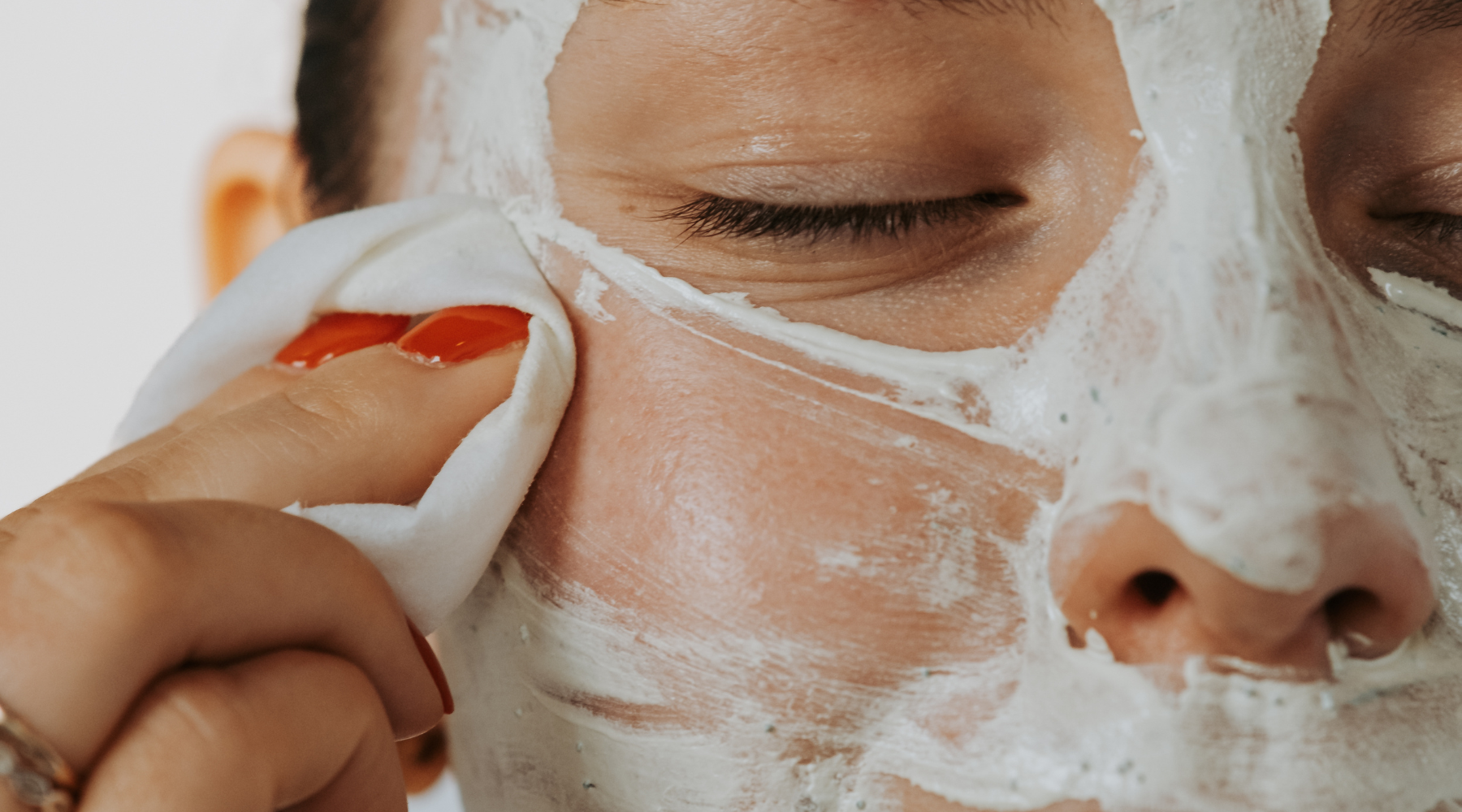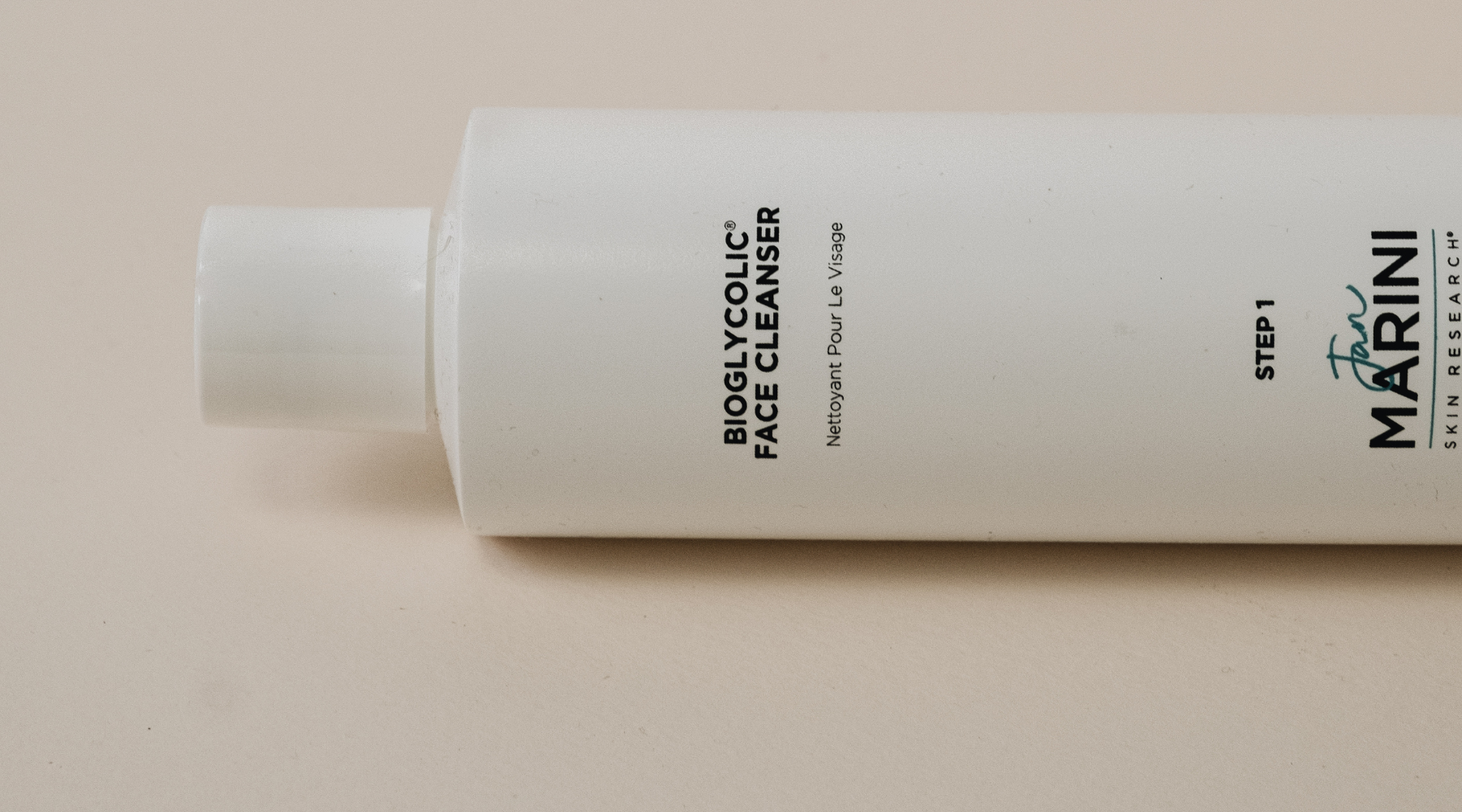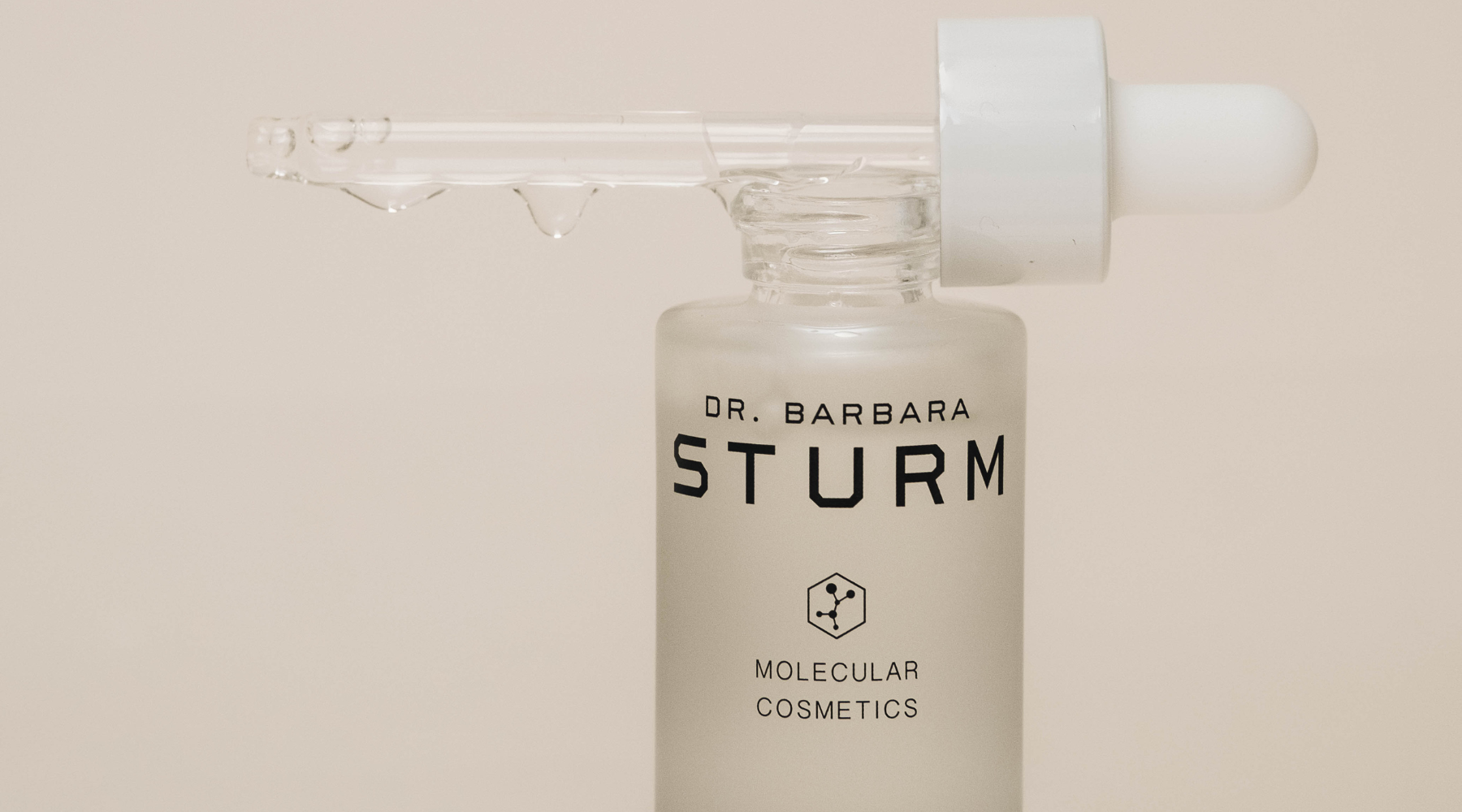
Demystifying Sensitive Skin
Skin is a complex and sensitive organ that varies from person to person, often leading to myths about its care. Navigating the world of sensitive skin can be perplexing due to common misconceptions, potentially leading to ineffective management––hence why we felt it was time to shed light on some facts about sensitivity.
Read below for professional guidance and a better grasp on dealing with compromised skin (like when to seek expert advice)!
MYTH #1: Sensitive Skin Is Always Red and Irritated
A common skin misconception is that sensitive skin always appears visibly red and irritated. While these symptoms are indicative of sensitive skin, not all sensitive skin conditions manifest this way.
Some individuals with sensitive skin may experience subtle symptoms such as tightness, dryness, itching, or a burning sensation when using their products without noticeable redness or inflammation.
MYTH #2: Sensitive Skin Is Permanent
While some individuals may have a genetic predisposition to sensitive skin, it is not a lifelong condition. Sensitive skin can be managed and improved with the proper professional skincare regimen, lifestyle adjustments, and by avoiding triggers that exacerbate sensitivity (such as physical exfoliants or strong chemical peels).
Understanding and addressing the underlying causes–like dehydrated skin– can often lead to significant improvements in the skin’s health. For example, dehydration can affect the skin's natural pH balance, hence disrupting the skin's protective barrier and increasing its sensitivity.
Because dehydrated skin causes a compromised skin barrier, the skin is more vulnerable to external irritants. As the skin loses moisture, it also becomes less pliable and more prone to micro-cracks, making it easier for irritants to penetrate the skin and trigger sensitivity.
MYTH #3: Products Labeled "Hypoallergenic" Are Safe
Another misconception is that products labelled as "hypoallergenic" are a guaranteed win for those sensitive skin. While these products are formulated to minimize the risk of allergic reactions, they can still contain ingredients that may trigger sensitivity in some individuals.
MYTH #4: ‘Rosacea’ and ‘sensitive skin’ are the same thing
Rosacea and sensitive skin are often used interchangeably when they are not the same. However, they can coexist or share some overlapping characteristics. Here are the key differences between the two:
- Rosacea is a chronic skin condition characterized by persistent facial redness, visible blood vessels, and (in severe cases) small, pus-filled bumps. It often affects the central face, including the cheeks, nose, forehead, and chin. Rosacea can also be associated with flushing and a burning or stinging sensation. While people with rosacea have heightened skin sensitivity, the condition is not solely about skin sensitivity; it involves vascular and inflammatory factors.
- Sensitive skin is a general term used to describe skin prone to irritation, redness, or discomfort in response to various factors such as weather, skincare products, specific ingredients, or environmental triggers. Sensitive skin can be a temporary or chronic condition affecting everyone–with or without rosacea. Sensitive skin can manifest as itching, burning, dryness, or redness.
IN CONCLUSION…
Someone with irritated skin should seek professional help if the irritation persists, worsens, or is accompanied by severe discomfort, pain, swelling, or signs of infection. A dermatologist or a skincare professional should be contacted to determine specific triggers and create a tailored skincare plan to manage and alleviate sensitivity effectively.
And if you’re looking to do just that, look no further––our team can help you get started in a jiffy through our virtual consultations.
Until next time, take care of the skin you are in!
The BSE Team











Leave a comment
This site is protected by hCaptcha and the hCaptcha Privacy Policy and Terms of Service apply.